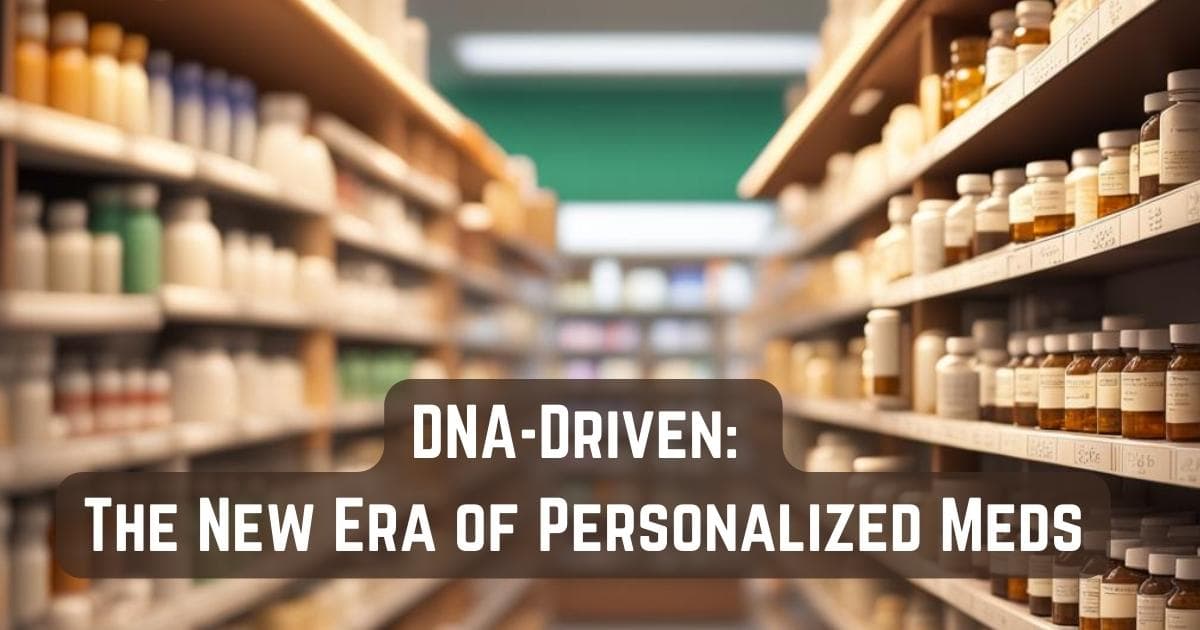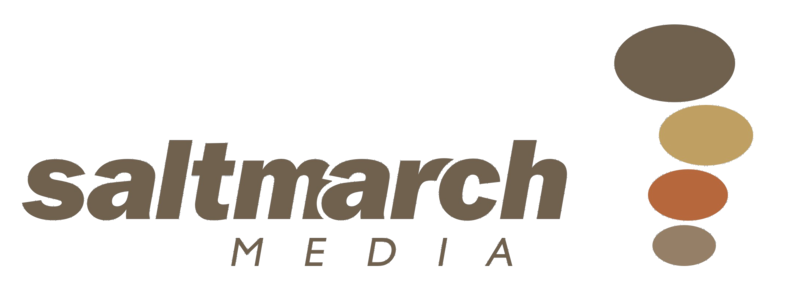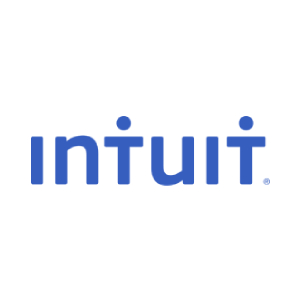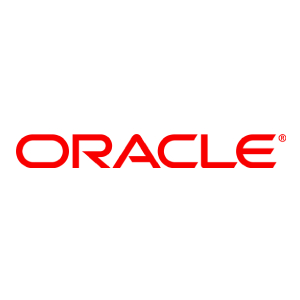DNA-Driven: The New Era of Personalized Meds

Remember when you used to walk into a pharmacy and the shelves were stocked with rows of identical bottles? Those days are becoming as antiquated as flip phones and fax machines. We're moving past the era of generic medications designed for the "average" patient. Instead, we're entering a new dawn of personalized medicine that could be as unique as your DNA. It's not just a step forward; it's a leap into a future where your genetic code is the VIP guest at the pharmaceutical party. So how did we get here, and where are we headed? Let's dive in.
The AI + Genomics Power Couple
Genomics was once a complex maze of data, a treasure trove of biological secrets waiting to be unlocked. But the computational firepower was lacking—until AI swaggered in. Machine learning algorithms are now the cartographers of this genomic landscape, sifting through petabytes of data to unearth patterns, predict disease risks, and even recommend treatments. It's like Batman meeting Robin, but for healthcare.
Companies like Deep Genomics are making waves by leveraging AI to decode the genomic underpinnings of diseases. Their platform uses machine learning to predict how genetic mutations will impact cellular biology, thereby accelerating drug discovery. Another disruptor is BenchSci, which uses AI to interpret scientific papers on genomics, making it easier for researchers to find the needle in the haystack of genomic data.
For healthcare providers and pharmaceutical companies, this isn't just a scientific advancement—it's a business imperative. Leveraging AI in genomics could be the competitive edge that accelerates drug discovery and optimizes treatment plans. It's not just about patient care; it's about data-driven decision-making that can offer a significant ROI. For companies in the genomic data analytics space, this is the moment to shine. Offering robust, scalable solutions can make you the go-to partner for healthcare enterprises looking to harness the power of genomics.
This isn't just a marriage of convenience between AI and genomics; it's a revolutionary partnership that's flipping the script on traditional medicine.
Microbiome Mapping: Beyond DNA
Sure, DNA gets the limelight when we talk about genetics. It's the A-list celebrity of the biological world. But let's not forget the microbiome—the bustling community of microorganisms that cohabit our bodies. These microbial roommates play a role in everything from digestion to immunity, and yes, they even influence how we respond to drugs.
Enter AI, the backstage tech crew making sense of this microbial ecosystem. Algorithms are being trained to map out the microbiome's influence on drug metabolism. Companies like Vivante Health are already diving deep into this space, offering an all-in-one digital solution for gut health and disease. Another key player is Viome, which uses AI to analyze gut microbiome and provide personalized nutrition advice.
For diagnostics companies and labs, this is a golden opportunity. Customized testing kits and specialized treatments could become lucrative new product lines, offering diversification and revenue growth opportunities. It's not just about healthcare; it's about creating a new market segment that could be the next big thing in personalized medicine. For pharmaceutical companies, this could mean partnerships with microbiome analytics firms to develop next-gen medications.
So, the next time you pop a pill, remember: it's not just your DNA calling the shots. With AI and microbiome mapping, you're not just getting personalized medicine; you're getting a treatment as unique as your microbial fingerprint.
Epigenetic Drug Design
If you think of genomics as the hardware of your biological system, then epigenetics is the software running the show. It's not just about the genes you have; it's about which ones are turned on or off. Epigenetic factors can be the puppet masters behind everything from cancer risk to mental health conditions.
AI is stepping into this complex field, developing models that understand the nuances of epigenetic regulation. We're talking about drugs that don't just treat symptoms but could actually modify epigenetic markers. Companies like EpiVario are pioneering this frontier, focusing on drugs that target epigenetic factors to treat diseases like PTSD and Alzheimer's. For biotech firms and pharmaceutical companies, this opens up a new avenue for drug development that goes beyond treating symptoms to modifying epigenetic markers. These could be high-value, niche medications that command premium pricing, offering a potentially profitable venture for those who can navigate the complex regulatory landscape.
This isn't just a new category of treatments; it's a paradigm shift. Imagine a future where your meds don't just manage your conditions but preemptively strike at the root causes. That's not just healthcare; that's healthcare on the offensive.
The DIY Meds Debate
Hold onto your lab coats, because this is where the plot thickens. With 3D printing tech and at-home medical devices becoming more accessible, some folks are asking: Why not brew our own meds? It's the craft beer movement, but for pharmaceuticals.
While it's a tantalizing thought, it's also a minefield of ethical and safety concerns. Regulation? Quality control? These become murky waters in the DIY pharma world. Companies like Aprecia Pharmaceuticals, known for producing the first FDA-approved 3D-printed drug, highlight the complexities involved in ensuring drug safety and efficacy. For businesses in the medical device and pharmaceutical sectors, this presents both a challenge and an opportunity. On one hand, there's the potential for a new consumer market for at-home drug manufacturing devices. On the other, there's the need for robust regulatory frameworks that can ensure safety while fostering innovation.
So, while cooking up your own meds might sound like the ultimate in personalized healthcare, it's also a risky business. It's a Pandora's box that, once opened, could unleash a slew of challenges we may not be ready to tackle. But for companies willing to navigate these complexities, the rewards could be substantial, opening up new markets and revenue streams.
Health Tokens and Blockchain: A New Economy for Personalized Medicine
Let's talk about the elephant in the room: the cost of healthcare. It's a topic that's as unavoidable as it is contentious. But what if we could disrupt the entire economic model? Enter blockchain and the concept of "Health Tokens."
Imagine a world where your healthy habits earn you tokens—kind of like frequent flyer miles but for healthcare. Companies like Lympo are already exploring this space, using blockchain to incentivize healthy behaviors and potentially even facilitate the purchase of personalized meds. For insurance companies and healthcare providers, this could be a game-changer. It offers a new way to engage with patients, incentivize preventive care, and streamline the payment process for treatments.
In a world where data is the new oil, Health Tokens could be the currency of the future, making healthcare not just personalized but also more equitable. For fintech startups and blockchain developers, this is fertile ground for innovation, offering a chance to disrupt a multi-trillion-dollar industry and carve out a niche in a rapidly evolving market.
Ethical Minefield: Who Gets Access?
Ah, the ethical conundrum—the thorny underbelly of any tech revolution. Personalized medicine is no exception. With the high cost of genomic sequencing and AI-driven analysis, there's a looming question: Who gets to sit at this VIP table of personalized healthcare?
Is this going to be a members-only club for those who can afford it, or can we democratize this healthcare revolution? Organizations like All of Us are tackling this head-on, aiming to collect diverse health data to make personalized medicine an inclusive affair. Another initiative, Open Humans, allows people to share their health data for scientific research, potentially driving down the costs of personalized treatments. For pharmaceutical companies and healthcare providers, this ethical dimension adds another layer to their business strategy. Ethical healthcare is not just good PR; it could be a regulatory requirement in the near future, affecting market access and profitability.
The ethical landscape is as complex as the technology driving it, but it's a conversation we can't afford to sideline. As we stand on the brink of this new era, the question isn't just "Can we do it?" but "Should we?". For businesses, this isn't just an ethical question; it's a strategic one that could define their role in the healthcare ecosystem of tomorrow.
The Long View: Where We're Headed
Let's zoom out for a moment. Personalized medicine isn't a passing fad; it's the next chapter in the healthcare saga. As we integrate cutting-edge tech like AI, IoT devices, and blockchain, we're not just upgrading the system—we're rewriting the rulebook.
But let's be clear: revolutions are messy. They upend the status quo and force us to grapple with questions that challenge our norms—ethical, economic, and even existential. Companies like Nebula Genomics are already giving us a glimpse of this future, offering whole-genome sequencing services that put the individual at the center of their healthcare narrative. For healthcare startups, venture capitalists, and even established pharma giants, this is a call to arms. The race is on to stake a claim in this emerging landscape, and the winners will be those who can navigate the complexities while delivering real value to patients.
So, as we stand on this precipice, peering into a future where medicine is as unique as our DNA, we have to navigate these complexities with both excitement and caution. For businesses, this is more than just a technological frontier; it's a strategic battleground that will define market leaders for decades to come.
One thing's for sure: the future of medicine is anything but generic.
Have questions or comments about this article? Reach out to us here.






